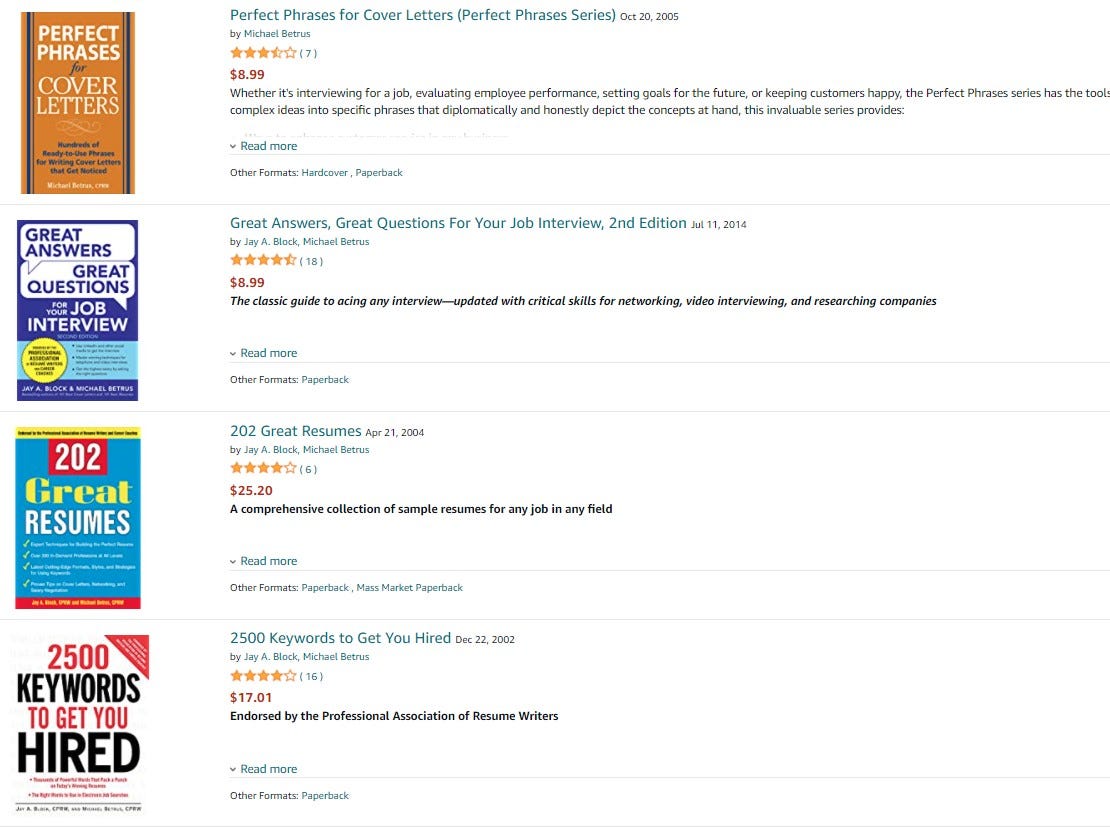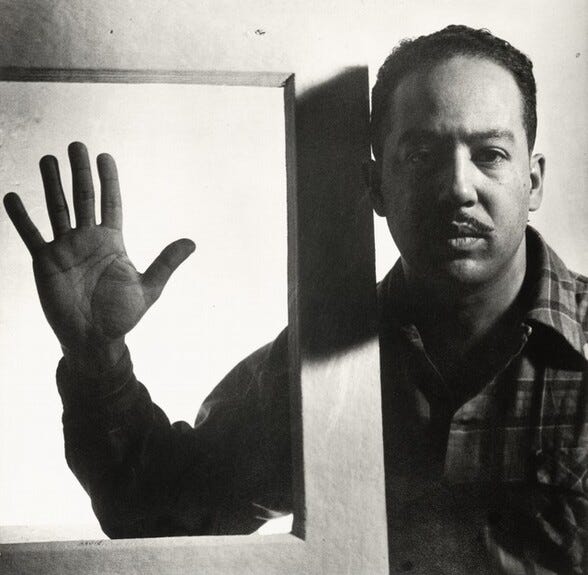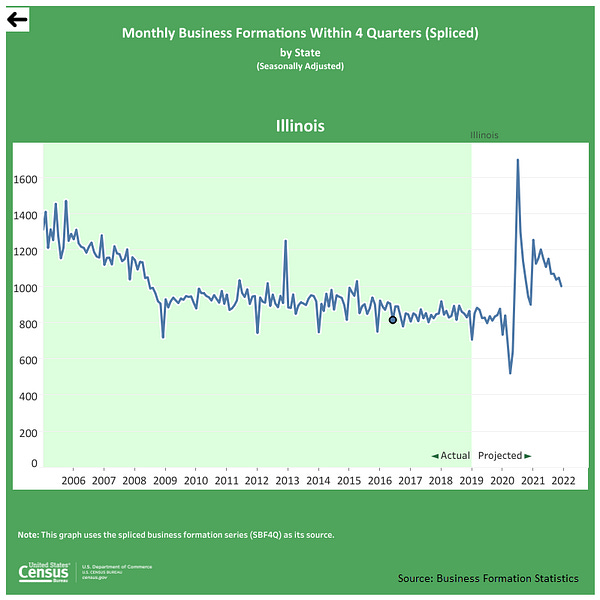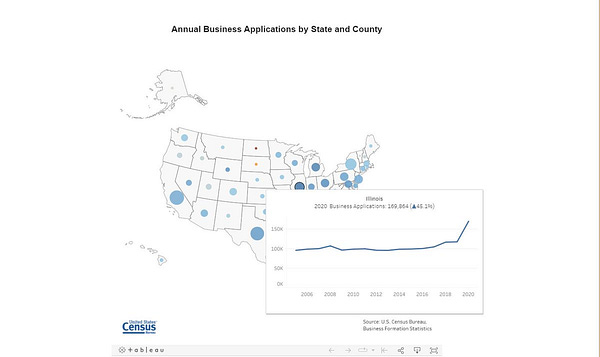The Epidemiologists vs. the Cellphone Salesmen
(An Early Edition of) The Sunday Night Reader for 2/13/22
We’ve added 22 new subscribers this month! Thank you all for joining us. Be sure to tell your friends about the Last Gasp newsletter. It’s an early edition today, so we don’t get lost in the Super Bowl Shuffle.
He Did His Own Research, I Suppose?
This week the News-Gazette featured a column by Jim Dey discussing the effectiveness of various states’ COVID responses over the last two years. The column pulls exclusively from a book called “COVID-19: The Science vs. The Lockdowns.”
From his reading, Dey flatly claims that the “hard-line approach to [the] virus didn’t get [the] job done.” He says that people’s opinions on the topic are “fed by emotions about the impact of the massive disruptions and their feelings on the elected officials who ordered them.” He then holds up the book’s author — “analyst” Michael Betrus — and his assessment methods as a way to clarify our misguided, emotional responses to COVID mitigation policies.
But here’s the thing about Michael Betrus: By all indications, he’s completely unqualified to present an analytical reckoning of the successes and failures of those policies. His credentials, according to Amazon and his publisher, are that he has “written over a dozen business books.” The titles of those books? Things like “Great Answers for Your Job Interview,” “2500 Keywords to Get You Hired,” and “101 Best Tech Resumes.”
His profile on LinkedIn shows a finance and accounting degree from Michigan State and a sales career that has spanned Sprint, Interstate Batteries, and Lennox, the furnace manufacturing company.
I have no beef with such books or their authors; a guy’s gotta eat. Retail workers and sales staff are routinely underestimated, looked down upon, and abused. Our HVAC guy is a genius who has kept our water heater going well beyond its replacement date. I too have a degree from a state school.
Still, those people — myself included — should be laughed out of the room when they claim to be COVID “analysts.” Dey, meanwhile, considers Betrus an expert and sews misinformation.
The column leads me to a few questions: Did Dey not vet this author? Did he vet this author and consider him credible? Does featuring an author of “business books” as an expert on the statistics of pandemics meet the News-Gazette’s editorial standards?
Dey’s column is in itself an illustration of his sanctimonious explanation that people’s COVID responses are fed by their emotions about politicians. He grasps at Betrus’ homebrew “analysis” in order to slag Governor Pritzker.
My own COVID response has included leisure air travel since vaccination, excellent mask discipline, in-person meetings when the other people are cool with it, and filling out every survey the school district sent telling them I wanted my kids back in-person as soon as possible. I’m comfortable dialing back policies at the end of February as Pritzker laid out a couple of days ago.
It’s all absolutely a brew of emotions and rationality. Welcome to the human experience, Jim, where the analytical and the emotional crash into each other constantly.
The difference between my COVID analysis or Betrus’ or Dey’s is that I don’t claim to have determined the proper statistical method to “measure the pandemic and interventions holistically.” And I don’t tell people to mistrust epidemiologists in favor of cellphone salesmen.
Betrus’ expertise and Dey’s credulity are both as laughable as they are dangerous.
Shadow Docket
Adam Serwer provides an easy-to-understand explanation of the Supreme Court’s emergency docket and how, like so many other levers of power, it is being misused.
“Over the past few years, the Supreme Court’s emergency docket, once simply a necessary means to issue rulings on time-sensitive matters, has become a kind of drive-through window for conservative plaintiffs to get the Court’s right-wing majority to rewrite the Constitution. Instead of waiting for cases to reach them through regular procedure, the right-wing justices have taken to nullifying constitutional rights by emergency order when conservative plaintiffs give them the opportunity. Just as last year’s ruling in the Texas abortion-ban case sent the message to other states that they are free to ignore Roe v. Wade, the legal precedent guaranteeing the right to an abortion, this ruling communicates to Republican legislators that the Voting Rights Act’s restrictions on gerrymandering their nonwhite constituents into political irrelevance will no longer be enforced. In both cases, for those affected, these rights continue to exist only in a symbolic sense, and in both cases, the majority pretended to be bound by procedure when they were simply indulging their own ideological preferences.
The observation that the Supreme Court’s conservatives have been using emergency orders to make sweeping changes to American law outside of regular procedure has aggravated the paper-thin skin of the conservative justices, who are not satisfied with rewriting the Constitution but also wish to be praised for it. ‘The principal dissent’s catchy but worn-out rhetoric about the ‘shadow docket’ is similarly off target,’ Kavanaugh writes, insisting that ‘the Court’s stay order is not a decision on the merits.’
Here, Kavanaugh bravely dismisses an argument that is not being made. No one is criticizing the Court for formally reaching the merits in most of these shadow-docket decisions. Its critics are well aware that the Republican appointees are using the shadow docket to approve policy changes they support while technically leaving the cases undecided. Kavanaugh’s lament is that the public has not adopted the talking points the right-wing justices have developed in order to downplay the significance and radicalism of their decrees.” Read more.
Libretto: Langston Hughes
Nice story from WILL on a 1957 visit to the University of Illinois by Langston Hughes. It also covers the work of a local research archivist Jameatris Rimkus to dig up a recording of the event. Worth a listen just to hear Hughes’ voice as he reads his own works. Listen here (Story starts at 04:25).
Tired by Langston Hughes
I am so tired of waiting,
Aren't you,
For the world to become good
And beautiful and kind?
Let us take a knife
And cut the world in two —
And see what worms are eating
At the rind.









